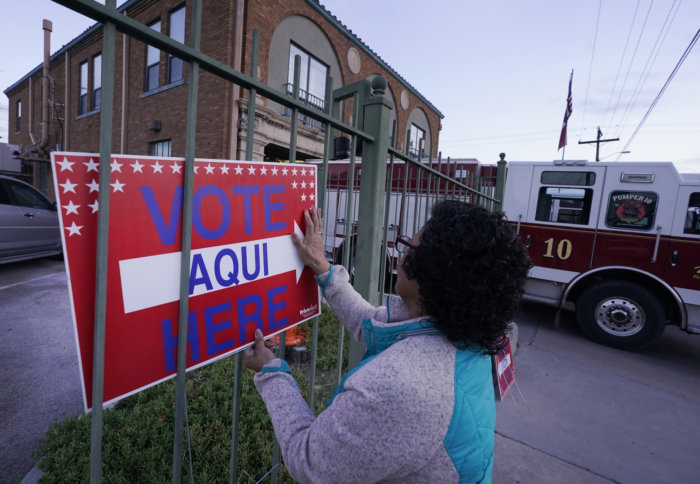Food truck operators near Drexel University say that a plan to move them to centralized locations could be the end of their business.
“I’ve been here 30 years building my business,” said John Serenidis, owner of John and Johns, which sets up at 33rd and Market. “I’m going to lose a lot of my customers.”
The plan, as outlined in an obscure bill filled by Councilwoman Jannie Blackwell in June and only now getting public scrutiny, would create a Drexel University District similar to one instituted by the University of Pennsylvania in the ‘90s and one established at Temple University. The university says the plan will help keep sidewalks clear for pedestrians and place food trucks closer to student residences.
Truck owners see the district as part of a long-time plan by the university to get rid of them. They point to new bike racks on Market Street and on 34th Street that were placed directly in front of where some trucks commonly set up, and parking limitations they say are designed to limit space for trucks. “Drexel has done everything to get rid of food trucks on this block,” said a vendor who worked on Market Street. He declined to give his name because he drives on the sidewalk to park his cart and was afraid criticizing the university could lead to increased enforcement. “We don’t agree with this.” Under the bill, the trucks would be located in one of four areas around campus, with 15 spaces for carts that sell on the sidewalk and 10 for trucks that park on the streets. The spaces will be given to vendors according to the length of time they’ve been in business — but it’s not clear whether there are enough spaces for all of the existing vendors. The operators will pay $2,750 annually to the city — a fee designed to replace what vendors pay to feed parking meters. A wave of food trucks opened during the recession in Philadelphia focused on trendy food and slick marketing that set them apart from the traditional “roach coaches.” The trucks offered food vendors a relatively low cost way of getting into business at a time of tight credit and scarce bank loans. Drexel’s campus is attractive to vendors because it’s system of co-ops and 10-week sessions means that the campus operates year-round.
Rob Mitchell, the director of the Philadelphia Mobile Food Association said the university has couched it’s explanation in terms of offering better pedestrian access and cleaner trucks — both things that are already regulated by the city. His big fear, however, is that when trucks are given assigned spots, they might become complacent — less competitive, less creative, maybe a little slower to clean the graffiti on their trucks.
Blackwell’s office did not respond to a call for comment Friday afternoon. But she told The Philadelphia Business Journal that she’s willing to listen to vendors’ concerns. “I’m a pro-vending person,” Blackwell said. “The community need not think I’m against vending. We’ll have public hearings and hopefully everything will be aired and people will get a chance to say what they think.” Council will take up the bill when it returns from summer break.
A petition against the measure posted on Change.org had 2,500 signatures on Friday.
Drexel plan has food trucks on edge

Dan Kelley































